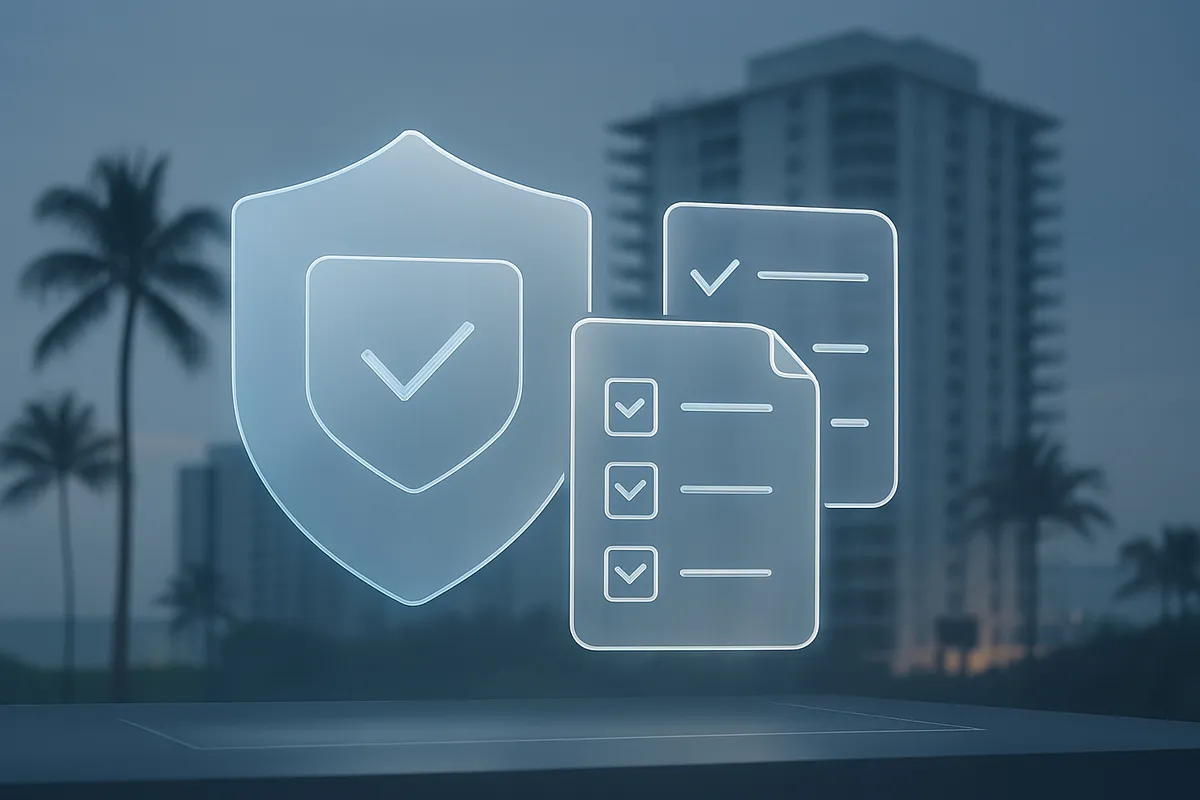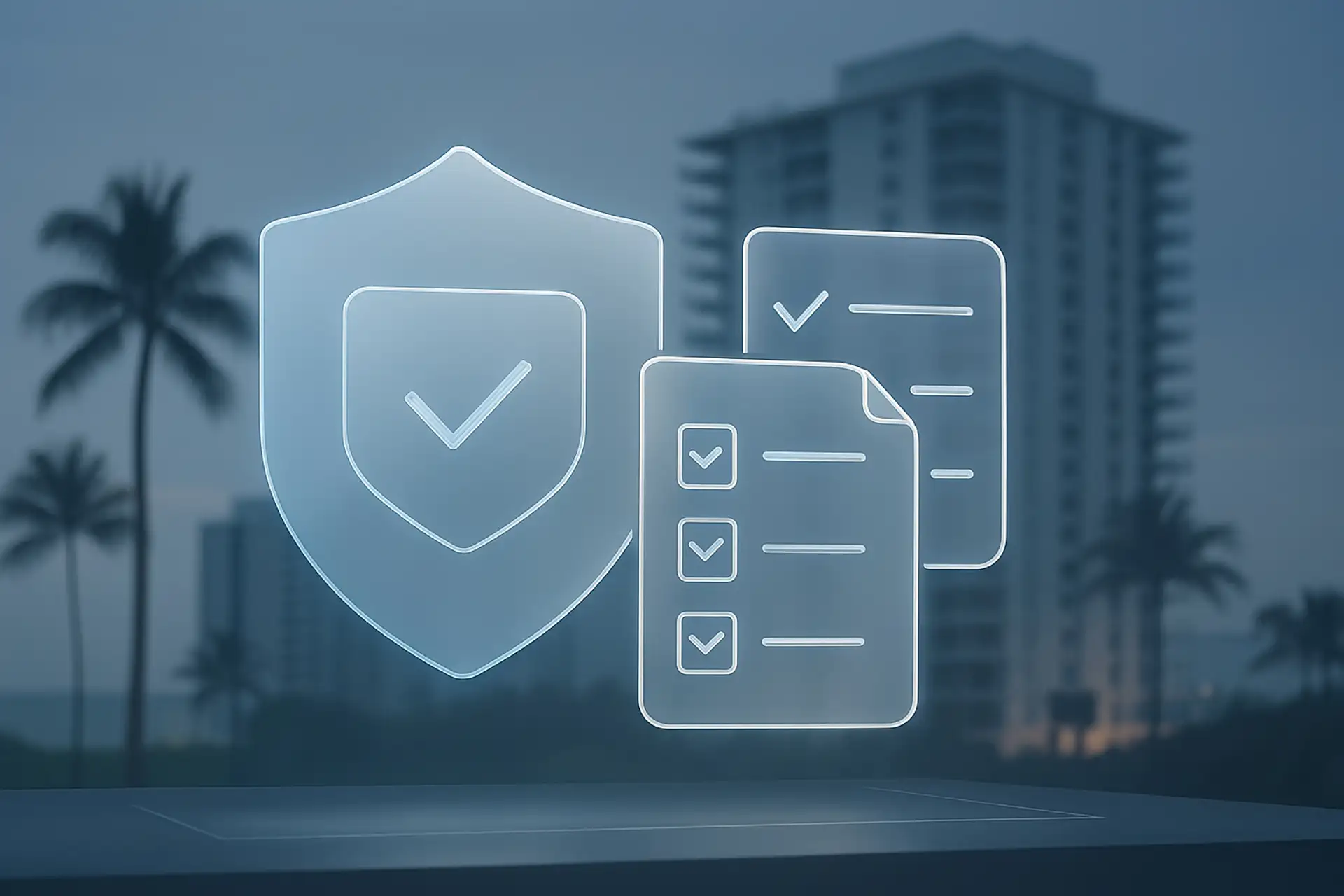What Florida Condo Boards Must Know About DBPR Complaint Risk Under HB 913
July 28, 2025

What Florida Condo Boards Must Know About DBPR Complaint Risk Under HB 913
Table of Contents
- What Is the DBPR and Why It Matters
- How HB 913 Increased Complaint Risk
- What Triggers a DBPR Investigation
- How to Prevent Costly Complaints
- Final Thoughts
What Is the DBPR and Why It Matters
The Florida Department of Business and Professional Regulation (DBPR) oversees condominium associations and enforces compliance with Chapter 718 — including new provisions under HB 913.
Unit owners who believe their board is withholding records, ignoring deadlines, or failing to follow proper notice rules may file formal complaints with the DBPR.
“The Division has the authority to investigate complaints, issue subpoenas, and impose penalties if violations of Chapter 718 are found.”
— DBPR Division of Condominiums
Boards that ignore these risks may find themselves in costly enforcement proceedings — especially if they don’t have digital compliance systems in place.
How HB 913 Increased Complaint Risk
Florida House Bill 913 added specific documentation and publishing deadlines that are now part of official condo law.
If your board fails to:
- ✅ Post meeting minutes online within 30 days
- ✅ Record and publish virtual meetings
- ✅ Make records publicly accessible for 12 months
…then any unit owner can submit a formal complaint to the DBPR — with evidence. These complaints are reviewed, investigated, and may result in fines, board reprimands, or required corrective action.
“Owners may file a complaint if minutes are not made available within the statutory deadline or virtual meetings are not posted in a timely manner.”
— Florida Senate HB 913 Bill Summary
What Triggers a DBPR Investigation
According to the DBPR’s own documentation, common violations include:
- 🚫 Failure to produce official records (minutes, notices, meeting logs)
- 🚫 Failure to post those records in the legally mandated timeframes
- 🚫 Denial of owner access to digital documents or video links
The DBPR also flags “inconsistent or undocumented meeting records” as a trigger for deeper investigation.
Even if you’ve approved the minutes or recorded the meeting, the burden is on the board to prove compliance — with documentation, logs, and audit trails.
How to Prevent Costly Complaints
✅ Centralize and Automate Documentation
Boards should use a system that:
- Automatically timestamps meeting minutes uploads
- Alerts the board to HB 913 deadlines
- Tracks which items have been published and when
🛠 Need a pre-flight checklist to help your board identify gaps?
👉 Request a Free Compliance Audit →
✅ Keep 12 Months of Public Records
Make sure your online portal shows:
- The last 12 months of board meeting minutes
- Any relevant video recordings
- Notices and sign-in logs for virtual sessions
This visibility prevents 90% of complaint risk before it starts.
✅ Train Board Members on HB 913
Make sure everyone on the board understands:
- What is required under HB 913
- What counts as a record
- What happens if they ignore it
Final Thoughts
The DBPR is not hypothetical — they respond to complaints weekly, and with HB 913’s digital requirements now in effect, condo boards without structured compliance workflows are at real risk.
But the good news is that this is preventable.
👉 Start Your Free Trial →
Our system ensures that every required document is published on time, publicly visible, and legally compliant — with audit trails and DBPR-ready logs.
Don’t wait for a complaint to fix your process. Prevent it before it starts.

